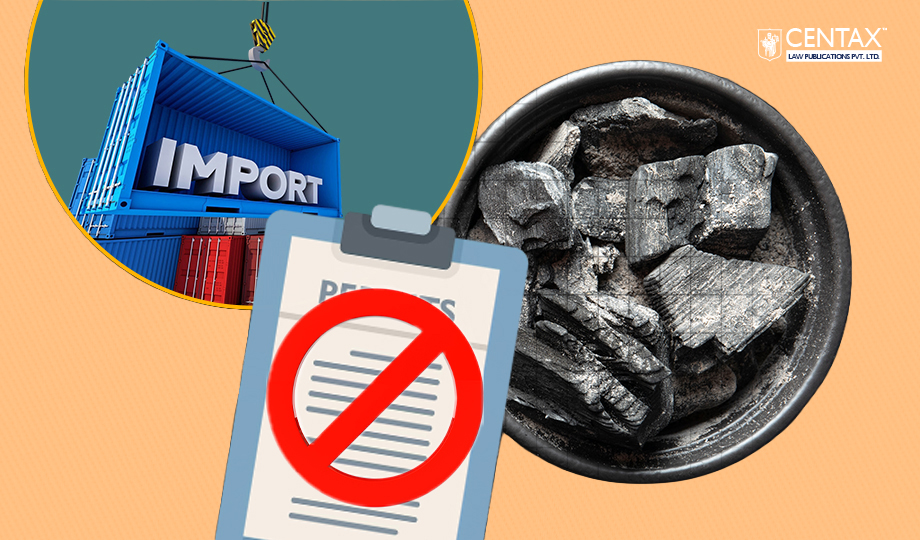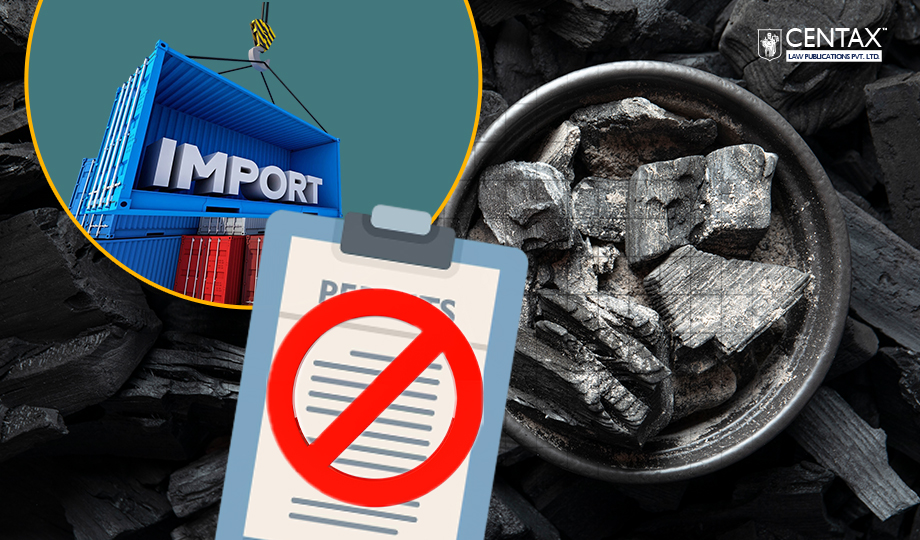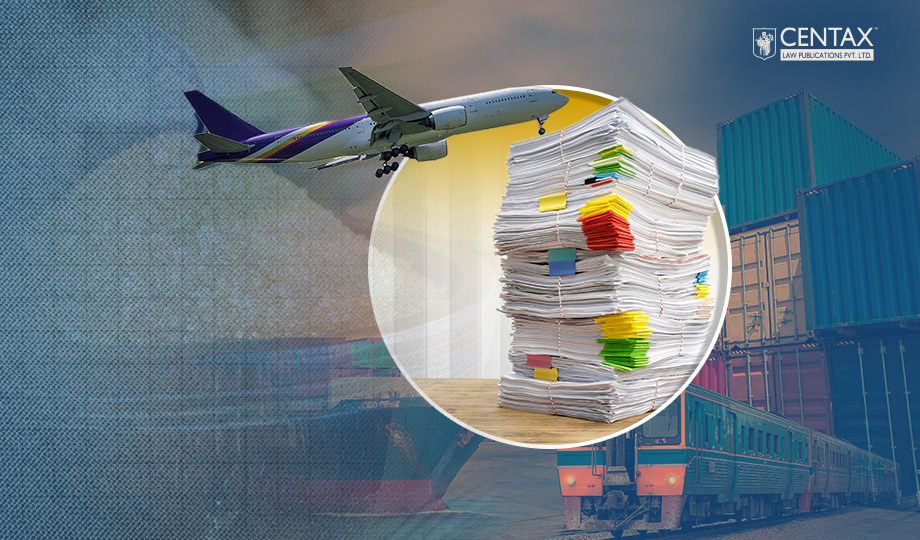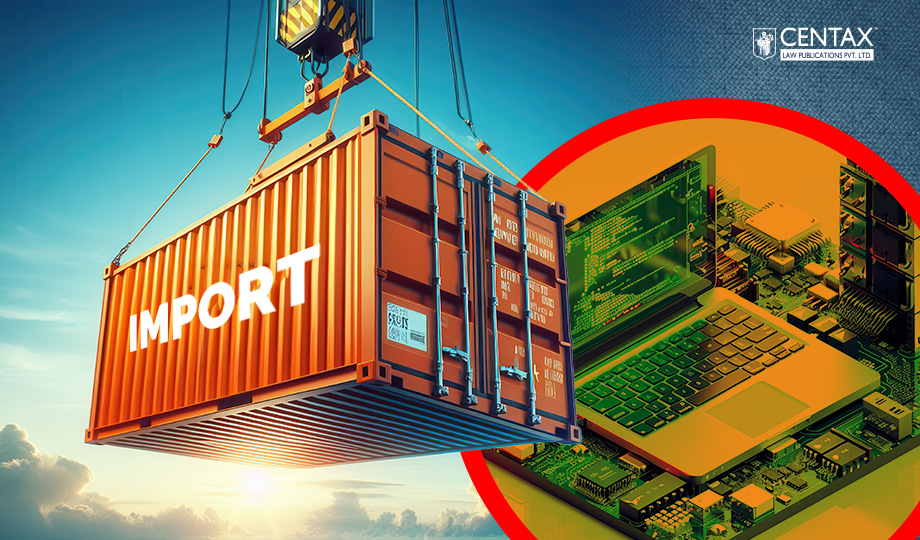
The Foreign Trade Policy (FTP) is a comprehensive framework formulated by the Government of India to regulate, promote, and facilitate exports and imports in alignment with national economic objectives and global trade dynamics. It is issued by the Directorate General of Foreign Trade (DGFT) under the Ministry of Commerce and Industry and operates within the legal framework of the Foreign Trade (Development and Regulation) Act, 1992 (FTDR Act).
Table of Contents
- Introduction
- Foreign Trade Policy
- Challenges in Understanding the FTP
- Structure and Contents of FTP 2015-2020
- Highlights of Foreign Trade Policy (FTP) 2023
- Duty Exemption/Remission Schemes under FTP 2023
1. Introduction
India’s Foreign Trade Policy (FTP), governed by the Foreign Trade (Development & Regulation) Act, 1992 (FTDR Act), provides the legal framework for regulating exports and imports. The Foreign Trade Policy 2023 (FTP 2023) marks a shift to a dynamic, continuous policy framework, focusing on trade facilitation, tax remission, and sectoral export promotion. Key highlights include duty exemption and remission schemes, Special Economic Zones (SEZ) policies, e-commerce export promotion, and ease of doing business initiatives. With an emphasis on digitization and regulatory simplification, FTP 2023 aims to enhance India’s global trade competitiveness and drive sustained export growth.
2. Foreign Trade Policy
2.1 Legal Foundation of Foreign Trade Policy
The authority to frame the Foreign Trade Policy stems from the following statutory provisions of the FTDR Act, 1992:
- Section 3 – Empowers the Central Government to regulate foreign trade by making provisions through orders published in the Official Gazette.
- Section 5 – Authorizes the formulation and notification of the export-import policy and its amendments through Gazette notifications.
Pursuant to these provisions, the Ministry of Commerce formulates and implements the FTP, which governs India’s trade regulations. While the policy is generally issued for five years, amendments are made periodically to accommodate economic and regulatory changes.
However, the new Foreign Trade Policy (FTP), notified on 31-03-2023 and effective from 01-04-2023, will remain in force continuously without any sunset clause. The policy will be revised as and when required, without being linked to any specific date.
3. Challenges in Understanding the FTP
The structure of the FTP is complex, often making it difficult for businesses to comprehend and apply the provisions effectively. The policy is fragmented across multiple sources:
- Foreign Trade Policy (FTP) – Covers broad trade policies.
- Handbook of Procedures (HBP) – Specifies procedural aspects.
- Various Appendices – Contain additional compliance details.
- DGFT Public Notices & Circulars – Provide clarifications and modifications.
Ayat-Niryat forms are an integral part of the Handbook of Procedures (HBP). Additionally, CBIC issues notifications and circulars concerning matters under the Foreign Trade Policy (FTP), which hold relevance for customs law.
4. Structure and Contents of FTP 2015-2020
The FTP 2015-2020 comprises the following key components:
- Foreign Trade Policy 2023 – Foreign Trade Policy (FTP) – Notified by the Central Government on 31-03-2023 and Effective from 01-04-2023
- Handbook of Procedures 2015-2020 – Issued by the Directorate General of Foreign Trade (DGFT) through Public Notice No. 1/2023 dated 01-04-2023, and effective from the same date.
- Appendices & Aayat Niryat Forms (AANF) – Contain essential compliance forms and appendices – notified by DGFT
- Standard Input-Output Norms (SION) – Specify input-output norms for various products, notified periodically by DGFT. SION are specified through public notices and are notified by the DGFT. These norms are crucial for the issuance of Advance Authorisations, facilitating the import of inputs required for the manufacture and export of final products.
- ITC (HS) 2022 – Defines the import policy for each item, aligned with the Customs Tariff as of 01-01-2022, notified via DGFT Notification No. 54/2015-20 dated 09-02-2022.
5. Highlights of Foreign Trade Policy (FTP) 2023
- Continuous FTP Framework – The five-year policy cycle has been discontinued; FTP will now be updated dynamically based on industry feedback.
- Shift from Incentives to Tax Remission – Export incentives have been removed in compliance with WTO regulations, focusing instead on tax remission for inputs and final products.
- Ease of Doing Business – Implementation of online approvals, paperless filing, automatic approvals, and e-certificates to reduce processing time.
- Rupee Payment Acceptance – Rupee payments are now allowed under FTP schemes in alignment with RBI guidelines, supporting the goal of making the Indian Rupee a global currency.
- Towns of Export Excellence (TEE) – Four new TEEs will be developed, adding to the existing 39, with a focus on industrial clusters and common service provider facilities.
- Promotion of E-Commerce Exports – FTP benefits will be extended to e-commerce exports, and dedicated e-commerce export hubs will be developed.
- Dak Niryat Facilitation – Dak Ghar Niryat Kendras will be established to facilitate cross-border e-commerce and support landlocked regions in accessing international markets.
- Merchanting Trade Promotion – Shipment of goods between foreign countries through Indian intermediaries is allowed, subject to RBI compliance, except for items under the CITES and SCOMET lists.
- Districts as Export Hubs – Districts will be developed as export hubs to decentralize export promotion, focusing on testing, branding, marketing, connectivity, and common services.
- SCOMET Licensing Streamlining – Licensing procedures for SCOMET (Special Chemicals, Organisms, Materials, Equipment, and Technologies) items will be simplified.
6. Duty Exemption/Remission Schemes under FTP 2023
These schemes allow duty-free import of inputs for export production, including replenishment or remission of duties, in compliance with WTO stipulations.
- Duty Exemption Schemes – Enable import of inputs without duty for manufacturing export goods.
- Advance Authorisation (AA) – Includes Advance Authorisation for Annual Requirement, allowing duty-free import of inputs for export production.
- Duty-Free Import Authorisation (DFIA) – Permits the duty-free import of inputs subject to value addition norms.
- Duty Remission Scheme – Allows reimbursement of duties/taxes paid on inputs used for export production.
- Duty Drawback (DBK) Scheme – Administered by the Department of Revenue, it provides a refund of customs/excise duties on inputs used in exported goods.
- Rebate on State and Central Taxes and Levies (RoSCTL) – A scheme notified by the Ministry of Textiles to reimburse embedded state and central taxes on textile exports.
- Remission of Duties and Taxes on Exported Products (RoDTEP) – Notified by the Department of Commerce and administered by the Department of Revenue, providing a refund of unrebated taxes and duties on exported goods.





















